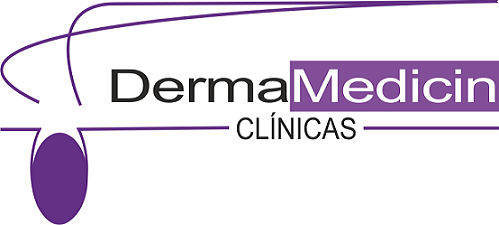What is menopause?
Menopause is the time in a woman's life when she stops having periods, which usually occurs after age 45. A period of one year without periods is necessary to establish the menopause.
Why is it produced?
It occurs because the ovaries stop producing estrogen and progesterone.
What symptoms appear?
Symptoms could start several years earlier and include:
- Change in menses.
- Hot flashes and/or night sweats.
- Difficulty to sleep.
- Vaginal dryness and genitourinary syndrome of menopause.
- Mood changes.
- Concentration problems.
- Alopecia and more facial hair (Hirsutism).
And what about treatments?
There are different treatments, depending on the symptoms that are manifested, from hormonal treatments to laser treatments. Among the existing treatments, the treatment of genitourinary syndrome of menopause stands out, which affects up to 75% of women in menopause and which entails significant discomfort and dysfunction of sexual life. These are included:
- Dryness, burning sensation and irritation of the vaginal area.
- Decreased lubrication and discomfort and pain during sexual intercourse.
- Urgent need to urinate, incontinence, discomfort when urinating, and an increase in recurrent urinary tract infections.
It is currently known that 4 out of 3 menopausal women benefit from a regenerative treatment of the vaginal mucosa. For this there are:
- Treatment with ovules/hormonal creams: the classic treatment. There are some cases where they cannot be used.
- CO2 laser treatment: the thermal effect of the laser manages to increase the number of vessels at the level of the vaginal mucosa and improves the quality of collagen, increasing the thickness and hydration of the area.
- Treatment with mesotherapy or infiltrated agents: These agents helps hydration and improves the texture of the vaginal mucosa.
- Ultrasound treatment: more superficial thermal effect than in the case of laser.
- LED treatment.
In conclusion, it is important to make a global assessment of the patient and assess the most appropriate strategy or combination of strategies, let's say the predominant symptoms, with this an improvement in the quality of life will be achieved. At Dermmedicin we have specialist doctors in Dermatology and Gynecology who are especially keen on carrying out this type of treatment.
Como conclusión, es importante realizar una valoración global de la paciente y valorar el tratamiento o la combinación de tratamientos más adecuado, según los síntomas predominantes, con ello se logrará mejoría de la calidad de vida. En Dermamedicin contamos con médicos especialistas en Dermatología y en Ginecología especialmente entrenados en realizar este tipo de tratamientos.


